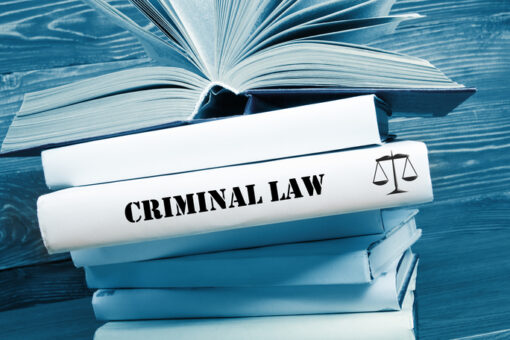As the unlawful murder of another person, homicide covers several types of major crimes that include intentional acts of murder (1st-degree murder) and involuntary acts of murder (manslaughter). Each type of homicide carries a different penalty depending on state law. For example, the harshest sentence for a homicide conviction in California is life in state prison without the possibility of parole. As of 2020, California suspended the death penalty.
Defending Homicide Cases
The primary goal of a criminal defense attorney is to present enough convincing evidence for the jury to return a not guilty verdict. In some cases, a defense attorney might request the prosecution reduce a homicide charge to a less serious charge. For example, a defense lawyer might request a charge for second-degree murder be reduced to involuntary manslaughter.
Another component of defending homicide cases regards the legal term “Beyond a reasonable doubt.” The term represents the legal burden of proof the prosecution must establish. This means every member of the jury must be 100 percent certain the defendant committed the homicide. Planting the seed of doubt into the mind of at least one juror can return a not guilty verdict.
Justifiable Homicide
Justifiable homicide is a defense that claims the defendant was justified in committing homicide. The most common type of justifiable homicide defense is called perfect self-defense.
Perfect Self-Defense
Perfect self-defense means the defendant believed the homicide was justified because of self-defense. The team of defense lawyers must prove the defendant did not instigate the violence. This type of justifiable homicide defense typically requires the sworn testimony of at least one eyewitness.
Here are four more types of justifiable homicide defenses:
- Imperfect self-defense
- Defense of property
- Distress
- Prevention of a crime
Unable to Kill Intentionally
An unable to kill intentionally defense does not claim the defendant did not commit the crime of homicide. Instead, this type of defense insists the defendant was unable to kill intentionally. Defense attorneys used this defense not to exonerate clients, but to get a homicide charge reduced to a lesser charge.
Here are the types of defenses that fall under the unable to intentionally kill category:
- Insanity
- Diminished capacity
- Intoxication
- Unconsciousness
Reasonable Mistake
The reasonable mistake defense means the defendant did not know the murder was illegal and unjustified. A mistake of fact defense often claims the defendant mistakenly thought his or her life was threatened. A prime example of this defense is someone walking on a dark street at night who mistakenly thought another pedestrian was about to commit a violent crime. Entrapment is an effective defense if a criminal defense lawyer can prove a law enforcement officer encouraged or solicited a defendant to kill another person.
Work with a California-Licensed Criminal Defense Attorney
As a serious crime that imposes the harshest punishment, the charge of homicide requires a suspect to act with a sense of urgency. If you face a charge of homicide, you must contact an experienced criminal defense lawyer. As we mentioned above, homicide charges do not have to end with a conviction. There are several possible defenses to help our clients either gain an acquittal or face a lesser charge that results in reduced time behind bars or no time at all spent in prison.
Contact the SimmonsWagner Law Firm today to schedule a free initial consultation to determine the best course of legal action. You can reach Scott Simmons or Dan Wagner at (949) 439-5857.

